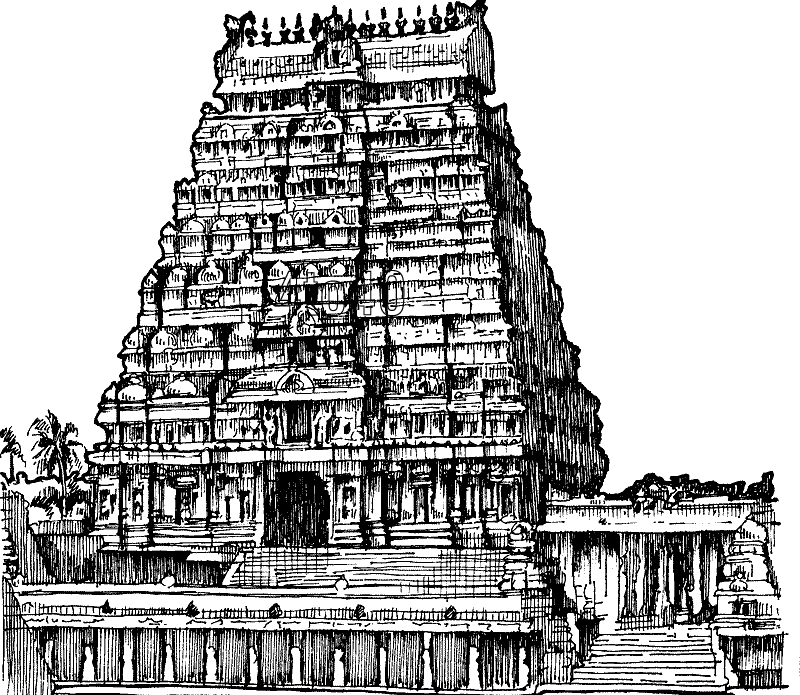LALITHA SAHASRANAMAM - Namah # 64
- S Subramaniam
- Oct 7, 2022
- 2 min read
LALITHA SAHASRANAMAM
@ S. Subramaniam

देवर्षि गण संघात स्तूयमानात्म वैभवा (64)
Deva Rishi Gana Samghata Stuyamanatma Vaibhava (64)
Meaning:
A large congregation (gana) of deities and saints (deva-rishi) composed and sang hymns about Devi's Magnificence and prayed to Her.
Interpretation:
The Devas ( the demi-gods) and Rishis (Sages) worship Devi seeking relief from the tortures of Samghata (Naraka / Hell) and request Devi to teach them Atma Vaibhava (Knowledge of Self).

We generally presume that Heaven and Hell (Swarga and Naraka) are matters that concern us only after death.
The truth is that naraka can be experienced even while living in this world. Living in naraka means intense suffering; having bad thoughts; bad intellect (buddhi), uttering bad speech and indulging in bad actions. The end result of all such actions (karma) will take us to Samghata or naraka after death.
The term ‘Atma Vaibhava’ here has a deep significance. It is a deep fear present in all of us including the Sages and the Devas. To overcome this,one has to seek knowledge of self-realization (Atma vaibhava). This is possible only by worshipping Devi.

Adi Shankara makes an oblique reference to worshipping Devi to obtain what is desired. Tvam aradhya pranata jana saubhagya jananim says the Jagatguru. Pranata Jana means Devotees, Tvam Aradhya means Worshipping You (I.e. Devi) Saubhagya means Prosperity and Janani, of course, means the Mother. Devi the epicenter of motherhood, bestows prosperity to her Devotees who worship her.

Author's Note:
The most important purpose of this human birth is to get Liberation or Mukti and no amount of knowledge is good enough to help us get it. For this it is very important to be bestowed with Atma Vaibhava and this is only possible by praying to Devi. We human beings must constantly keep worshipping Devi and in our inner mind, keep meditating upon her lotus feet.
Disclaimer: _ All matters contained in this article are the property of www.templesofasia.com. The opinions expressed in this article are purely that of the author. The author alone is responsible for the accuracy, authenticity, completeness and validity of all the information in the article.


Comments